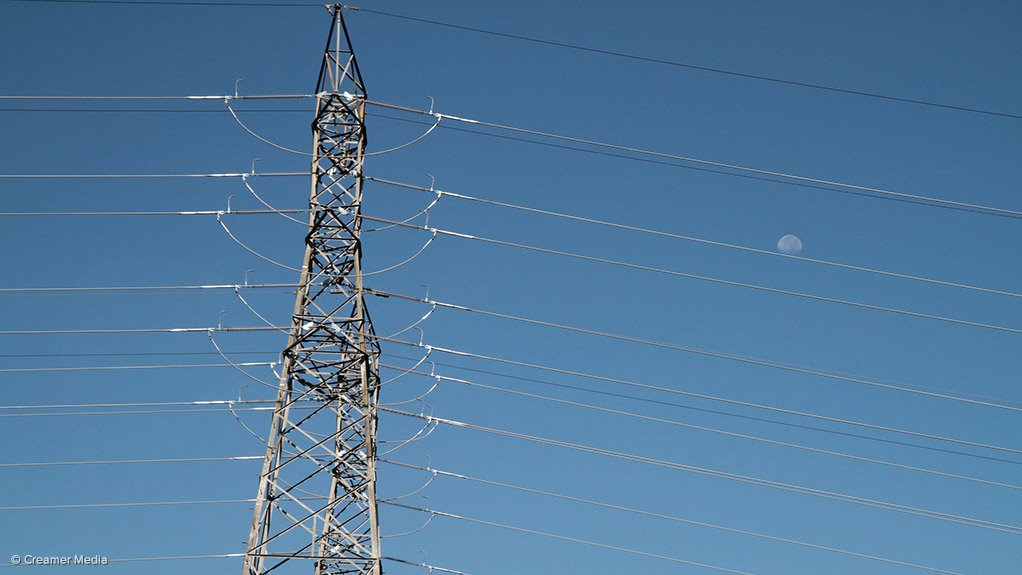The resolution of one of South Africa’s most pressing crises – the electricity challenge – should be taken out of the hands of those who caused it and placed in the hands of all South Africans in a more inclusive, transparent manner.
This was one of the messages that emerged from the first day of the National Civil Society Conference, held in Booysens, Johannesburg, with trade unions Solidarity and the National Union of Metalworkers of South Africa (Numsa) and nonpartisan coalition of trade unions and community organisations United Front (UF) calling for the dissolution of the State-led exclusive “war room” and the creation of an inclusive “peace room”.
In December, President Jacob Zuma established a war room, spearheaded by Deputy President Cyril Ramaphosa to oversee the turnaround of the beleaguered Eskom and resolve the lack of sufficient capacity to meet South Africa’s energy needs.
The task team comprised the departments of Energy, Cooperative Governance and Traditional Affairs, Public Enterprises, Economic Development and Water and Sanitation, as well as the National Treasury, Eskom and technical officials.
However, Numsa deputy general-secretary Karl Cloete said it was government that had “plunged” the country into the energy crisis and that it was “incapable” of reversing the downward trend, questioning the independence and accountability of the task team.
UF national secretary Mazibuko Jara explained that civil society had been excluded from the war room, and said there was a need to set an “alternative worker and community” agenda or an inclusive “peace room” to research, plan and develop a “working class” solution to the crisis and “advance solutions to assist achieving energy justice, energy sovereignty, socially owned renewable energy and universal access”.
The conference had been called as a platform for those excluded from Eskom’s war room to develop solutions and hold State-owned entities and government bodies accountable.
“We have a right to know what has imposed the suffering on the entire country … We must hold government to account … we cannot accept the formation of a war room,” Cloete said.
Solidarity CEO Dirk Hermann agreed, stating that: “Eskom cannot go on as usual … the war room is not solving the problem … [and] there can be no question that civil society should [now] step up.”
“The crisis is so great, Eskom and government cannot do it alone,” he added, calling for the opening up of opportunities for the private sector and individuals to pass any surplus power onto the strained grid.
Further, with suggestions that Eskom be privatised rejected by all the trade unions, alternatives, such as renewable energy, needed to be found to prevent the creation of another monopoly and stimulate competition for Eskom.
“There are more important interventions [than privatisation].”
Cloete said that, with the rejection of the strategies of the war room, including load-shedding, job shedding, changes in working conditions and hours, continuous tariff hikes and the privatisation agenda, civil society could forge “very clear and loud” alternatives to the “disastrous strategy” embarked on by Eskom and government, and mobilise the masses of the country to implement those alternatives.
EMAIL THIS ARTICLE SAVE THIS ARTICLE
To subscribe email subscriptions@creamermedia.co.za or click here
To advertise email advertising@creamermedia.co.za or click here











